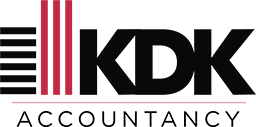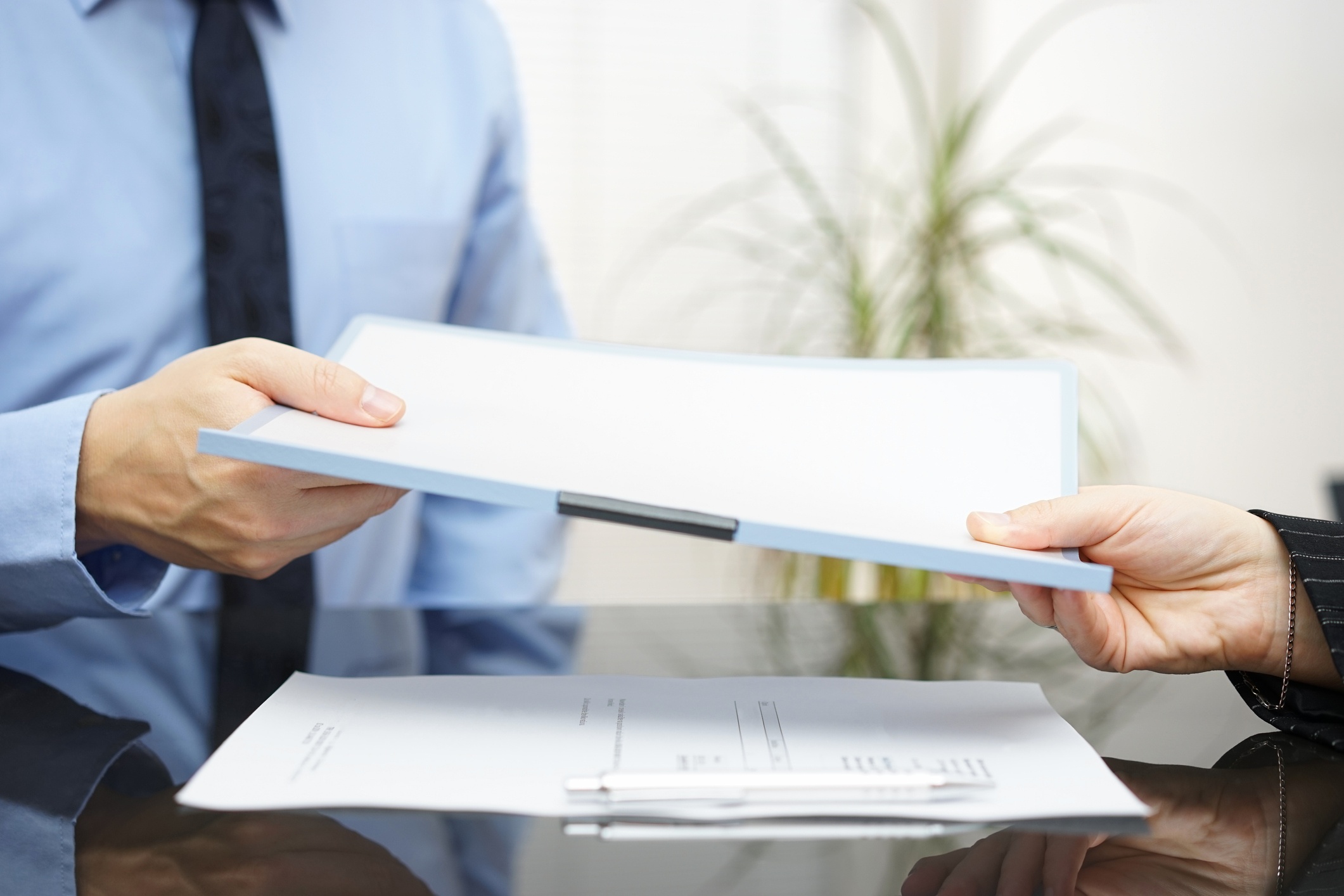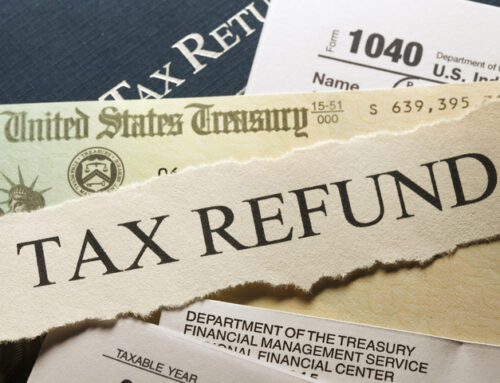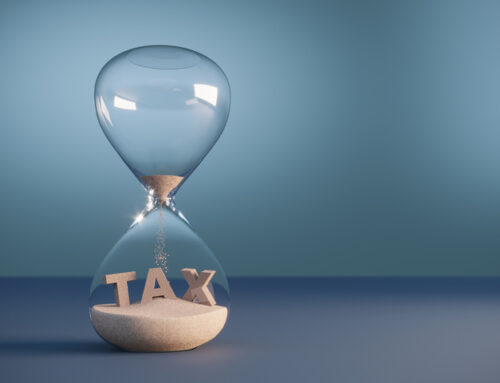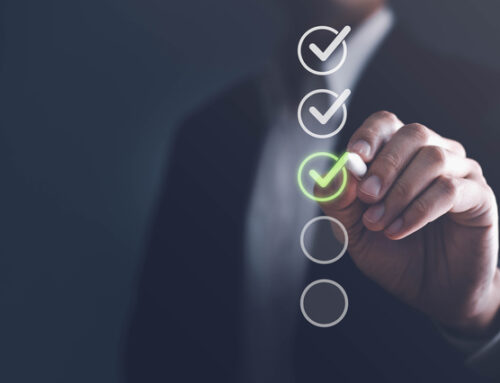If you own a small business, it is a good idea to have a certified public accountant file your taxes rather than attempting to do it yourself. Your financial situation may be complex, and having a professional prepare your taxes helps prevent any mistakes. However, a CPA needs your help to file successfully. Here are some documents you need to provide.
1. Proof of Income
At some point in your life, you were probably an employee of someone else. When you filed your taxes, you reported your income using an IRS 1040 form.
However, now that you own your own business, you have other documents that you use as proof of income. For example, if you are self-employed, you have a 1099 form. Whatever documentation you have of the income that you earned in the previous year, whether related to the business or not, you should bring it to your accountant for preparing your taxes.
2. Identification
The identification that you need depends on the kind of business you operate. If you have a sole proprietorship, the IRS makes no legal distinction between yourself and your business, meaning that you just need to bring in your Social Security card and a photo identification to prove that it belongs to you. However, if you run a business that operates as a separate legal entity, you need to provide an individual taxpayer identification number to your accountant to file your taxes.
3. Proof of Expenses
As a business owner, many of the things that you spend money on to remain in operation are tax deductible. In other words, they count off your income so you don’t end up having to pay as much money in taxes. For example, if your work involves driving, you can deduct the money that you spend on gas when driving for business and the upkeep on a company vehicle. You can deduct what you spend on office equipment and supplies. If you have a home office, you can deduct a portion of the utilities you pay for your residence. If you have business meetings with potential clients or partners over meals, you can deduct your restaurant bills. These are only a few examples of business-related expenses that you may be able to deduct from your taxes.
4. Profit and Loss Statement
Over the past year, maybe your business has suffered some untoward events, such as theft or a natural disaster. Maybe you lost money as a result of this. Your profit and loss statement documents these things for the IRS.
5. Estimated Tax Payment Receipts
As a business owner, you are supposed to pay what you estimate you will owe the IRS at the end of the tax year on a quarterly basis. If you have made these estimated tax payments, you need to show them to your accountant, who can factor them into your filing. Whatever you have already paid in estimated payments is offset against your final tax bill, and if your estimated payment was too high, you may get a tax refund.
Get Help From an Award-Winning CPA
KDK Accountancy Corporation has been serving the Orlando area for decades. Contact us at (407) 759-5363 to schedule a meeting either in person or online.
